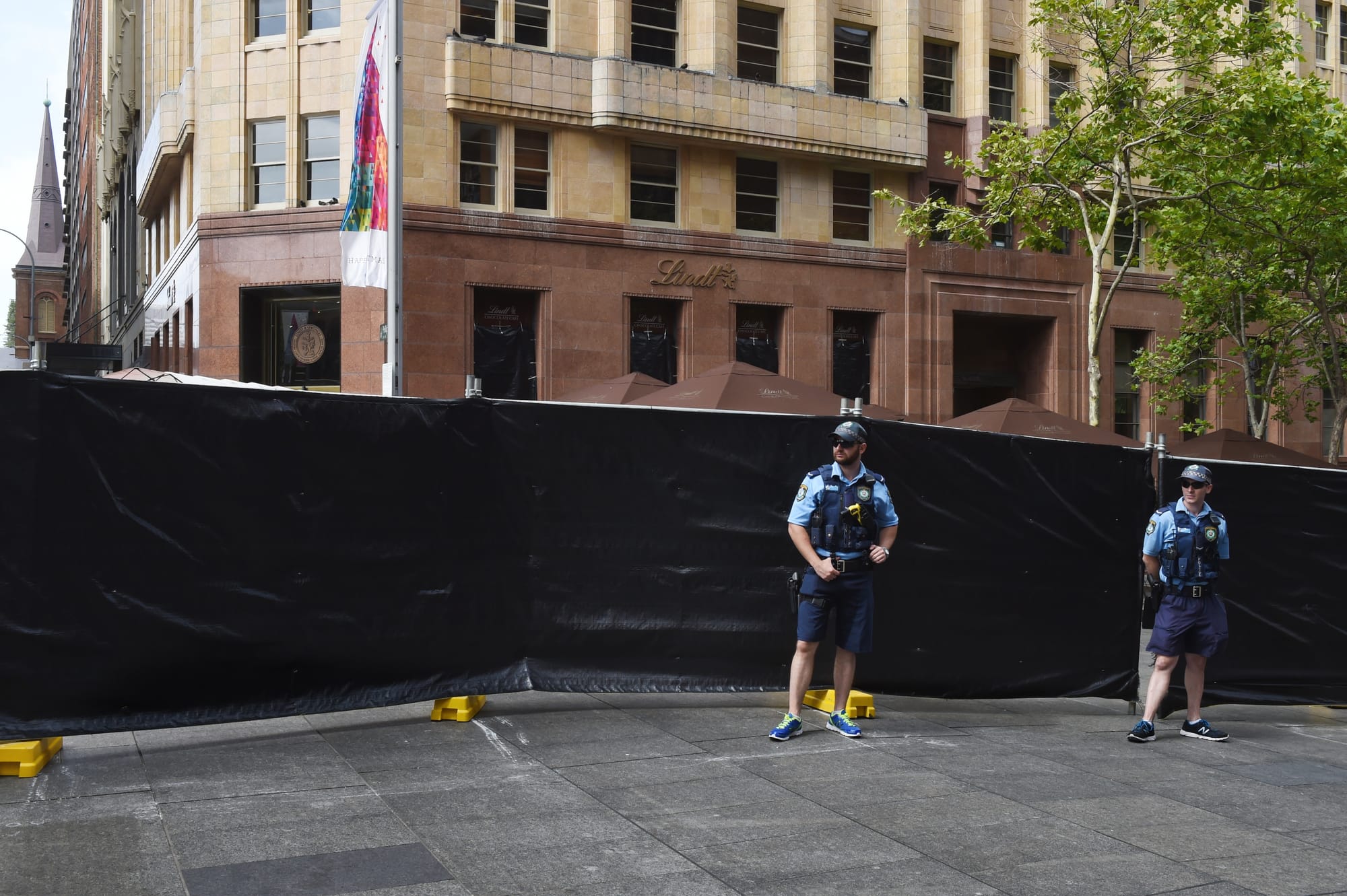
The Victorian government recently announced a new A$31.6 million centre to prevent and combat terrorist and lone-actor attacks. The centre will include specialist police, forensic and mental health experts, and a senior analyst to respond to people who pose such a risk.
However, the new Fixated Threat Assessment Centre will not include experts on family violence and other forms of violence against women. Failure to understand the links between lone-actor and terrorist violence and violence against women will undermine the centre’s effectiveness.
Lone-actor attacks and violence against women
The links between terrorist attacks and violence against women, most commonly family violence, are now well established.
Research in the US shows more than 50 per cent of mass shootings in that country between 2009 and 2014 were preceded by the perpetrator’s murder of an intimate (ex) partner, or a family member. In addition, 16 per cent of the attackers, overwhelmingly men, had been charged with domestic violence.
Infamously, Man Haron Monis, the gunman in the 2014 Sydney Lindt Café siege, was on bail at the time of the siege for dozens of sex offences, and for being an accessory to the murder of his ex-wife.
This history of violence against women is evident in the biographies of other terrorists. These include one of the Tsarnaev brothers, responsible for the 2013 Boston Marathon bombings; Omar Mateen, who attacked a gay nightclub in Orlando, Florida, killing 49 people in 2016; Khalid Masood, who crashed his car into pedestrians and stabbed a police officer in London in 2017; and Mohamed Lahouaiej-Bouhlel, who killed 80 people in Nice, France, in 2016.
Read more: Victoria leads the way on family violence, but Canberra needs to lift its game
Most media profiles, reflecting the focus of security experts and many academics, treat these histories of violence against women as mere detail. Even scholars who acknowledge the growing evidence of a correlation between violence against women and terrorism and lone-actor attacks fail to understand its full significance.
The authors of The Age of Lone Wolf Terrorism, for example, approach the violence against women that so often precedes more public attacks as merely a “precursor to crime”.
The lone wolves they examine – many of whom have histories of violence against women – are seen as “deeply troubled men” who turned violent, rather than violent men who went on to commit violence against the wider community.
Throughout this book, male violence against women is described in terms such as “marital discord” or “personal conflict with a woman”. A female partner, suffering physical and psychological violence at the hands of a man who would go on to commit an act of terrorism, is described as an “enabler” because she did not report his plans to authorities.
This characterisation highlights a misunderstanding of the nature, dynamics and seriousness of family violence.
Failure to see violence against women as “violence” was tragically apparent in the case of the 2014 Sydney siege. Despite Monis’ history of sex crimes and involvement in the murder of his ex-wife, the lead siege negotiator said he believed the sex crimes were “passive” and indicated the sex offences didn’t suggest to him a history of violence.
A psychiatrist providing advice to police managing the siege described these same crimes as “acts of seduction”. Such characterisations of violence against women as essentially non-violent influenced the tactical decisions made by police managing the siege, meaning the threat Monis posed was not fully appreciated.
Why the centre must take violence against women seriously
If, as announced, the new centre against lone-actor attacks is designed to “keep the community safe”, it needs to have a clear focus on understanding violence against women and family violence.
It is concerning that none of the experts listed to form the new centre appears to hold specific expertise in gendered violence.
The Andrews government has made a massive investment in changing approaches to family violence and violence against women, in response to landmark recommendations by the Royal Commission into Family Violence. The state government is taking violence against women seriously.
However, the distinction that continues to be drawn between public violence such as terrorism and lone-actor attacks, and violence against women, belies this commitment, undermining the safety and security of all.
The National Sexual Assault, Family & Domestic Violence Counselling Line – 1800 RESPECT (1800 737 732) – is available 24 hours a day, seven days a week for any Australian who has experienced, or is at risk of, family and domestic violence and/or sexual assault.

This article originally appeared on The Conversation.





